Description
The new edition of this classic textbook, Introduction to Mathematical Logic, Sixth Edition explores the principal topics of mathematical logic. It covers propositional logic, first-order logic, first-order number theory, axiomatic set theory, and the theory of computability. The text also discusses the major results of Gödel, Church, Kleene, Rosser, and Turing.
The sixth edition incorporates recent work on Gödel’s second incompleteness theorem as well as restoring an appendix on consistency proofs for first-order arithmetic. This appendix last appeared in the first edition. It is offered in the new edition for historical considerations. The text also offers historical perspectives and many new exercises of varying difficulty, which motivate and lead students to an in-depth, practical understanding of the material.
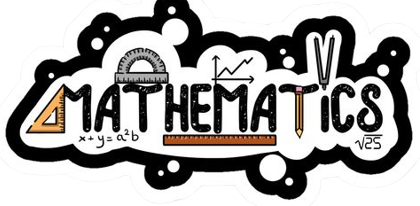
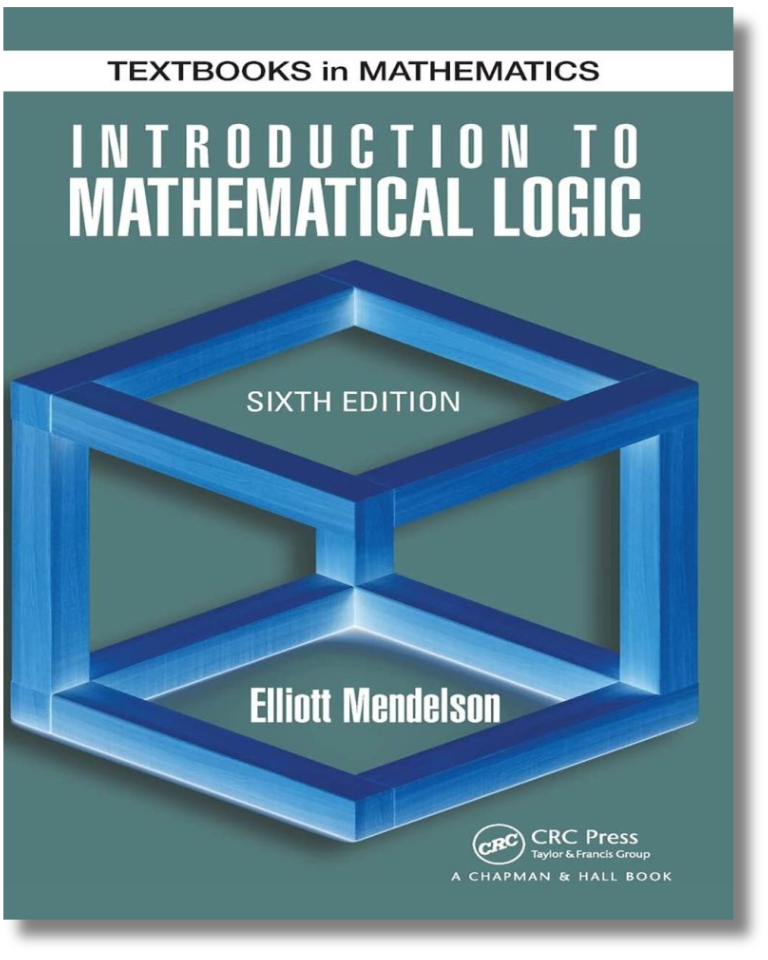
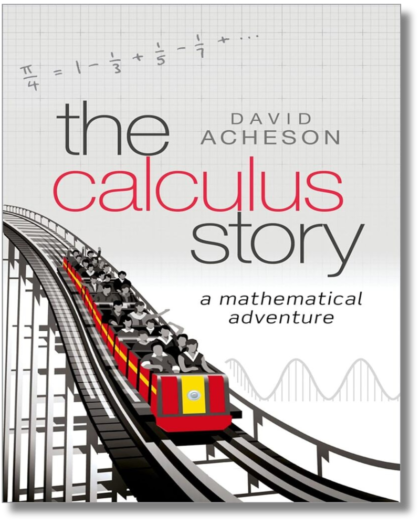

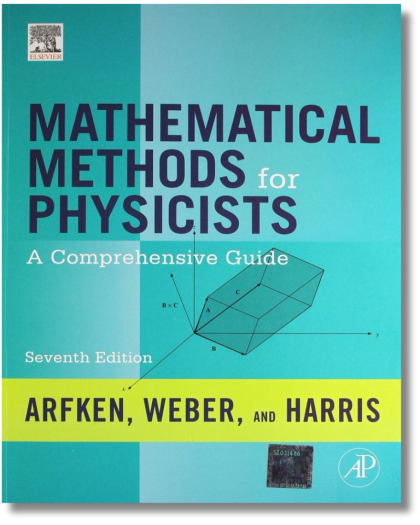
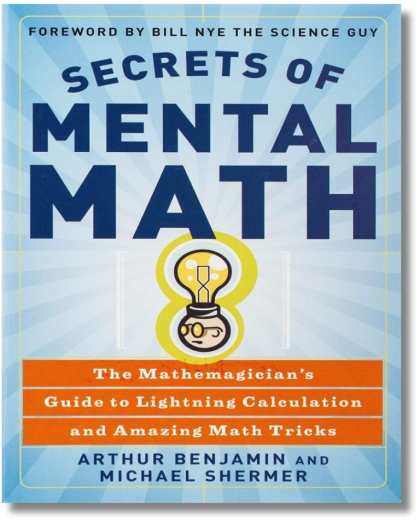
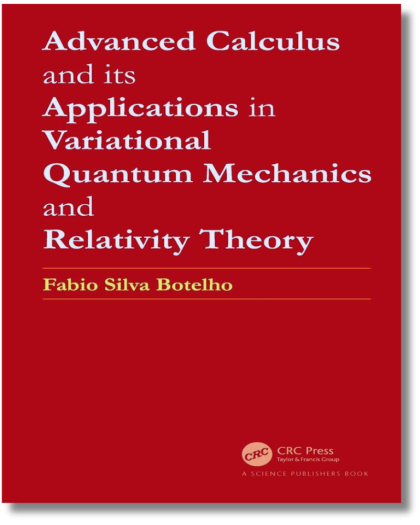


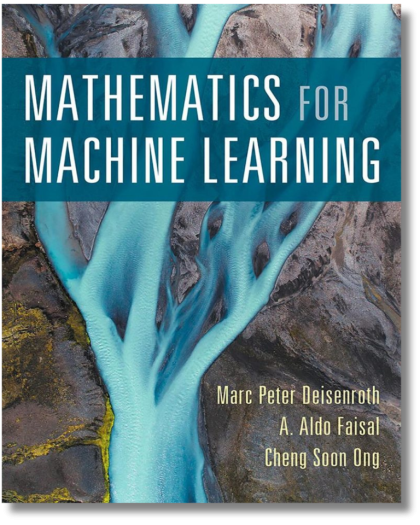

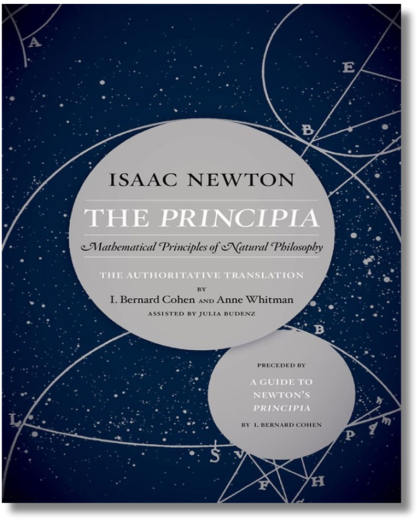
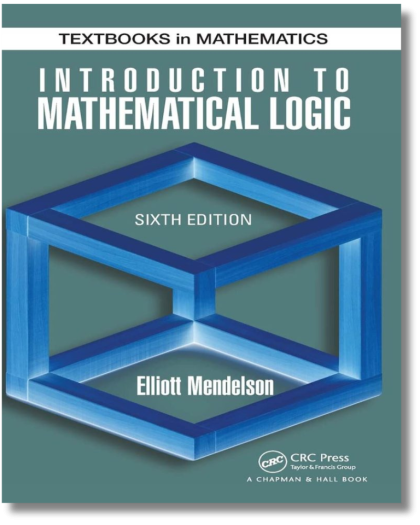
Before reading this text, my background with mathematical logic is limited to an undergrad “Intro to Mathematical Proofs” course required for math majors before taking analysis, topology, and modern algebra courses. It covered the basic propositional and predicate calculus, but went no further than its immediate application to elementary mathematical proof. In this sense, I am a beginner when it comes to the formal study of Mathematical Logic, and I have had some great experiences reading this book as a self-study text.
This book has been an excellent text for self study, thus far. This book contains five total chapters: the first two contain the fundamental theorems of First-Order Logic, the third covers an axiomatic number theory and Godel’s incompleteness theorems, the fourth discusses axiomatic set theory, and the fifth serves as an introduction to computability theory. I planned on a detailed study of the first three chapters before moving on to a different text on Axiomatic Set Theory, and have just finished the first chapter.
Despite what another reviewer has said about the text, I have found the material in this chapter to be quite accessible. The material in this chapter is self contained, in that you can begin right away with Mendelson’s definitions at the beginning of each section and proceed to prove all of the presented theorems using those definitions. No prior experience with propositional logic is needed when beginning chapter 1, since it takes an axiomatic approach. Skip none of the exercises, and leave no lemma, proposition, or theorem unproven. There is valuable experience gained in completing all of these on your own. I highly recommend this text for self study.
An excellent book in every way! I heartily recommend it for its clear coverage of main topics and its breadth!